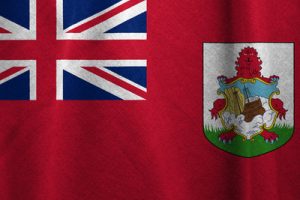 Flora Duffy made history on Tuesday when she won Bermuda’s first ever Olympic Games gold medal – the smallest nation at the summer version of the event to strike gold.
Flora Duffy made history on Tuesday when she won Bermuda’s first ever Olympic Games gold medal – the smallest nation at the summer version of the event to strike gold.
Duff was competing in the women’s triathlon, and was expected to do very well given the times she has been recording in high-profile competition – including her win at the Commonwealth Games.
And as the 33-year-old powered into the lead in Tokyo, she never once looked like relinquishing it, beating Great Britain’s Georgia Taylor-Brown into second place – despite the Brit suffering from a punctured tyre in the cycling leg.
It has been 45 years since Bermuda last won an Olympic medal of any colour – Clarence Hill took the bronze in the boxing at the 1976 Games in Montreal, but Duffy is their first to reign supreme.
“It’s been a heck of a lot of pressure for five years,” Duffy said prior to being awarded her gold medal.
“I think the whole of Bermuda is going crazy. That’s what makes it so special to me is that, yes, this was my dream, but I also knew it was bigger than me.
“I’m just proud I could be Bermuda’s first gold medallist, first female medallist, and hopefully inspire everyone back home that this is possible.”
Ironically, Duffy could have represented Team GB through her family ties, but instead opted for her native Bermuda and has created a slice of history that might never be beaten.
Bermuda’s population is around 63,000, and so they are by some way the smallest country to ever win Summer Olympic gold – although an even tinier nation has enjoyed success at the Winter Games (more on that shortly).
Until Tuvalu, Nauru, Palau and San Marino – the smallest countries on earth – breed their own Olympic champion, Bermuda’s record will surely stand strong for decades to come.
But aside from the tiny island in the Atlantic Ocean, which of the planet’s other smallest countries have won Olympic gold?
Luxembourg (population: 614,000)
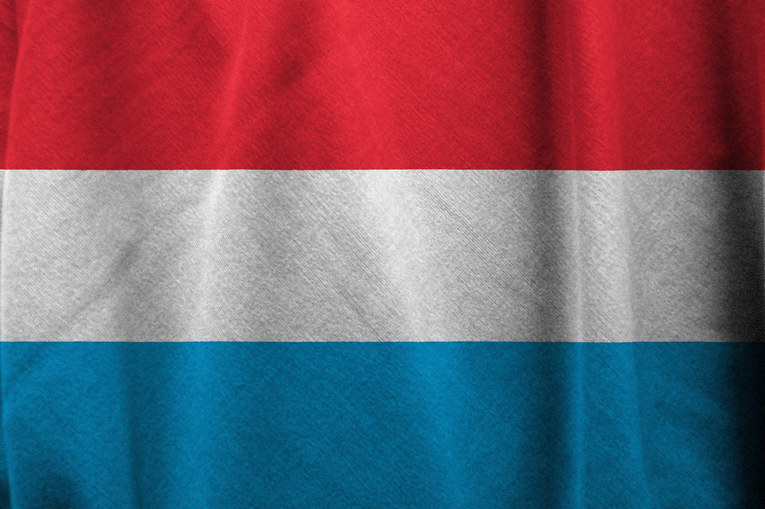
Joseph Barthel won the men’s 1500m at the Helsinki Olympics of 1952, becoming the first athlete from Luxembourg to strike gold.
He had finished ninth in the same event four years earlier, but there were tears of joy on the podium as Barthel made history for Luxembourg by becoming their first ever Games champion.
Suriname (population: 582,000)
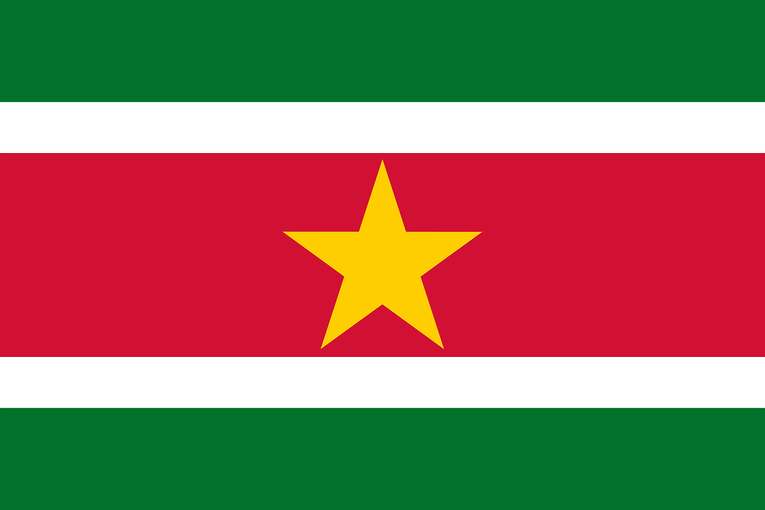
A Dutch colony on the South American coast, Suriname is not known for its sporting prowess.
However, they do have one Olympic gold medal to their name – Anthony Nesty’s victory in the 100m butterfly at the Seoul Games of 1988.
He defeated the favourite, Matt Biondi, to win by a single stroke and create a unique slice of athletic history.
Bahamas (population: 390,000)
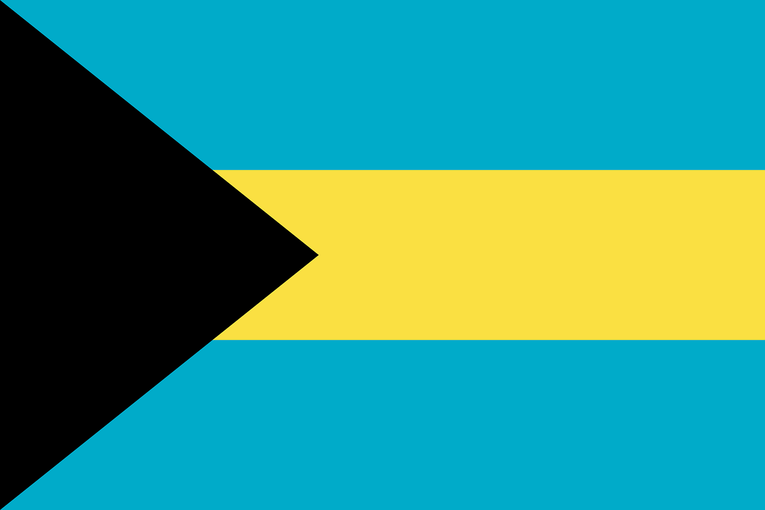
Well known for their sprinting exploits these days with six golds in total, the first for the Bahamas came back in 1964 in Tokyo.
There, the sailing pair of Cecil George Cooke & Durward Randolph Knowles won the first ever gold for the Caribbean island.
Grenada (population: 112,000)
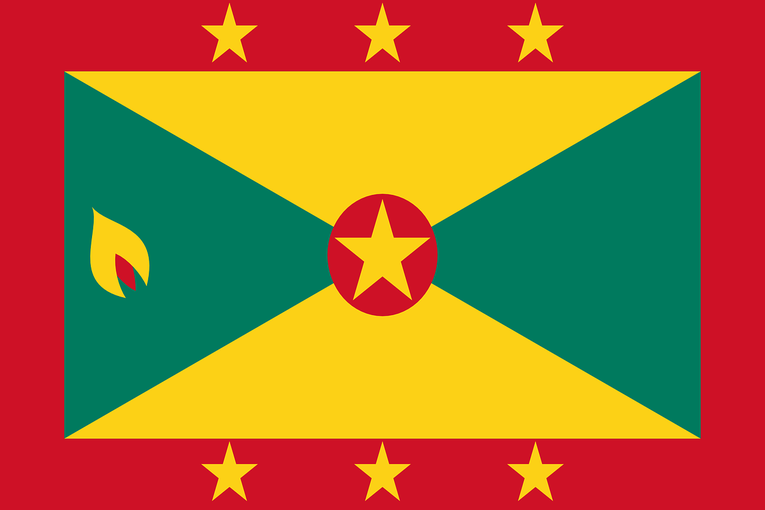
Another Caribbean island but with a third of the population of the Bahamas, Grenada had to wait until 2012 for their first-ever Olympic gold medal.
That came courtesy of the excellent 400m sprinter Kirani James, who tore the field to shreds in London.
Liechtenstein (population: 39,000)
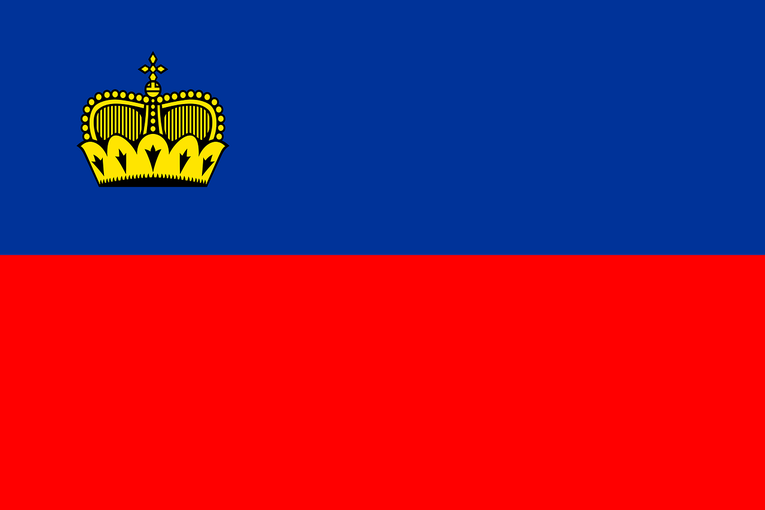
The smallest country to ever win an Olympic gold medal is Liechtenstein, whose glorious moment came at the Winter Olympics in 1980.
Hanni Wenzel was responsible for their success in Lake Placid, winning not one but two golds and a silver in the alpine skiing discipline.
